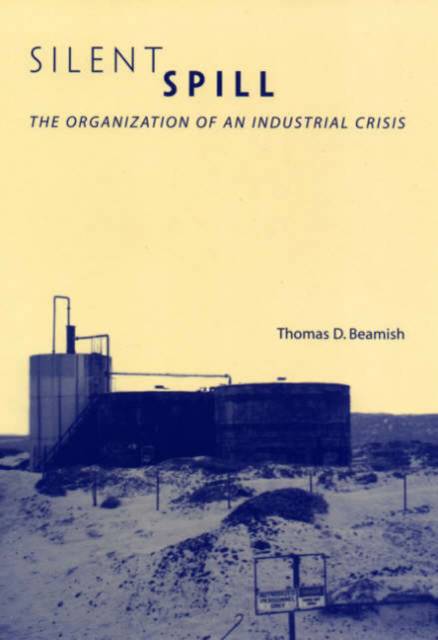
- Afhalen na 1 uur in een winkel met voorraad
- Gratis thuislevering in België vanaf € 30
- Ruim aanbod met 7 miljoen producten
- Afhalen na 1 uur in een winkel met voorraad
- Gratis thuislevering in België vanaf € 30
- Ruim aanbod met 7 miljoen producten
Omschrijving
Taking a sociological perspective, Thomas Beamish examines the organizational culture of the Unocal Corporation (whose oil fields produced the leakage), the interorganizational response of regulatory agencies, and local interpretations of the event. He applies notions of social organization, social stability, and social inertia to the kind of environmental degradation represented by the Guadalupe spill. More important, he uses the Guadalupe Dunes case as the basis for a broader study of environmental "blind spots." He argues that many of our most pressing pollution problems go unacknowledged because they do not cause large-scale social disruption or dramatic visible destruction of the sort that triggers responses. Finally, he develops a model of social accommodation that helps explain why human systems seem inclined to do nothing as trouble mounts.
Specificaties
Betrokkenen
- Auteur(s):
- Uitgeverij:
Inhoud
- Aantal bladzijden:
- 232
- Taal:
- Engels
- Reeks:
Eigenschappen
- Productcode (EAN):
- 9780262523202
- Verschijningsdatum:
- 1/02/2002
- Uitvoering:
- Paperback
- Formaat:
- Trade paperback (VS)
- Afmetingen:
- 156 mm x 228 mm
- Gewicht:
- 371 g

Alleen bij Standaard Boekhandel
Beoordelingen
We publiceren alleen reviews die voldoen aan de voorwaarden voor reviews. Bekijk onze voorwaarden voor reviews.











